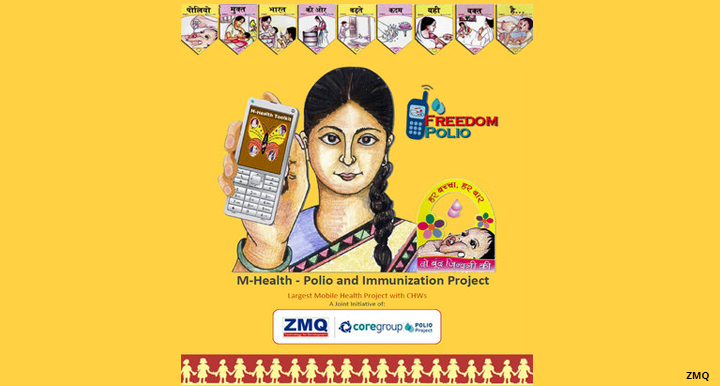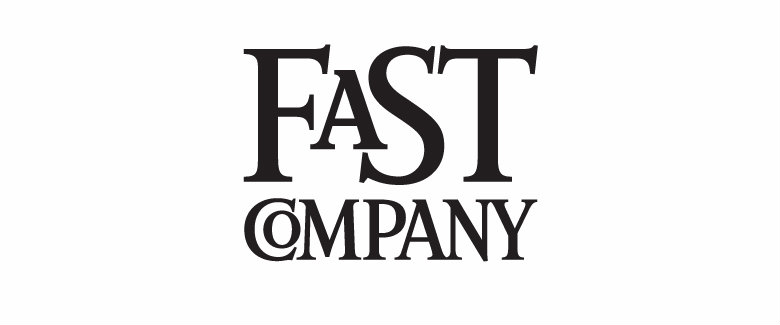 We’re excited to be mentioned in the New York Times in an article on mobile technology for social good!
We’re excited to be mentioned in the New York Times in an article on mobile technology for social good!
The article, titled “Ubiquitous Across Globe, Cellphones Have Become Tool for Doing Good”, discusses how mobile phones are becoming more useful beyond entertainment in developing countries and emerging markets. Increasingly, organizations are using SMS text messages to provide goods and services including water, energy, financial services, healthcare, and education.
Here’s an excerpt from the article:
The number of [mobile public-private partnerships] seems likely to increase. “The development community is eager to learn more about how to use mobiles effectively,” said Nick Martin, a founder of TechChange, a social enterprise based in Washington that educates development practitioners via online courses.
Mr. Martin said his most popular course has been Mobiles for Development. In the last three years, TechChange has taught the course eight times to nearly 400 participants from over 60 countries.
MHealth, or mobiles used for health services, is the most “evolved” of the mobile sectors, Mr. Martin said. Large-scale campaigns in mHealth have focused primarily on maternal health and vaccination campaigns.
Check out the entire article in the New York Times here.

